#chinese study notes
In my last post about hello talk HERE
I discussed my experience with the app, all the useful phrases I had collected. From native speakers of the Chinese language. So I thought i’d compile another list, this time focusing on vocabulary around what the young people these days are using to text online, or say to each other!

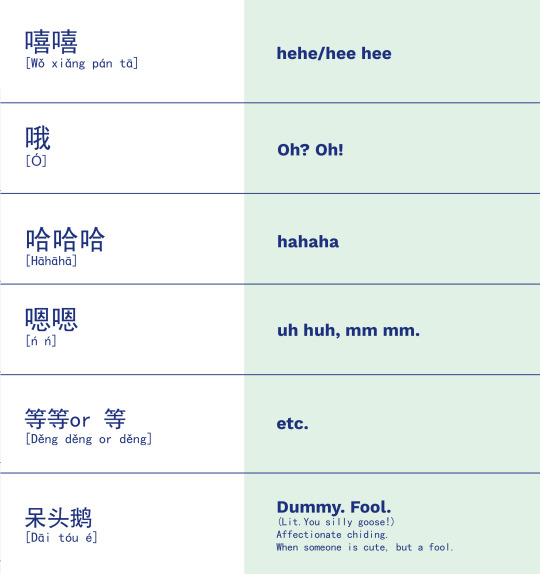
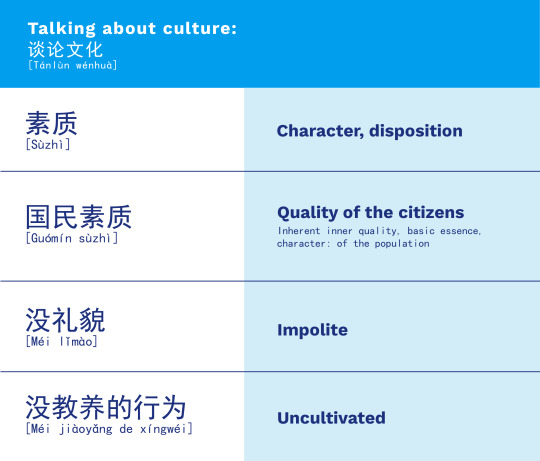
*for future reference the masterlist link should be under my profile pic on my homepage!
FLASHCARDS
C-SERIES INTEGRATED CONTEXT VOCAB
RADICAL VOCAB
HELLO TALK - Real life Chinese Conversations with Native Speakers
Part O1
OTHER VOCAB
EMOTIONS
APPEARANCE
What type of boys do you like?
What type of girls do you like?
CHINESE PARTICLES
MISCELLANEOUS VOCAB
01_My Mr. Mermaid + Body Parts
03_My Mr. Mermaid + Body Parts PT2
05_My Mr. Mermaid ep 3 + Chinese Pod describing drinks
06_PETS (describing animals/pets)
07_My Mr. Mermaid ep 4 + Home vocab
Sentence Order
Test Yourself:
Hello! This is all the Chinese learning content i’ve created so far! I hope you are all learning well and enjoying your language journeys!
❤️❤️❤️❤️❤️❤️❤️
So I was sick of being stuck behind my computer, learning and writing vocab, but not being able to talk to anyone in Chinese. I was looking around and thought i’d try this app called HELLO TALK. I’ve had it for two days so far!
Essentially it connects you with someone across the world who has your target language in their mother tongue. And ideally you’d have their target language as your mother tongue. And the language exchange begins!
Ofc there’s a bit of filtering to do, with people who aren’t willing to help you with your language and only want to speak in English. But once you find someone who has the same language learning goals as you it’s a matter of jumping straight into it. Try texting them in a mix of english/chinese and you can send back and forth voice memos to ask questions and improve eachother’s pronunciation :)
Here is some key vocab points and some of the things I got asked and discussed from my language exchange with a guy from Beijing and a girl from Hainan and many others :)
Even though there is a language translate function, it runs out after 15 goes if you have a free account. So I found myself forced to put things into google translate and look up things in the PLECO dictionary. Most, if not all of these sentences came from the native Chinese speakers on the app! So this is Chinese vocab in its most natural expression!
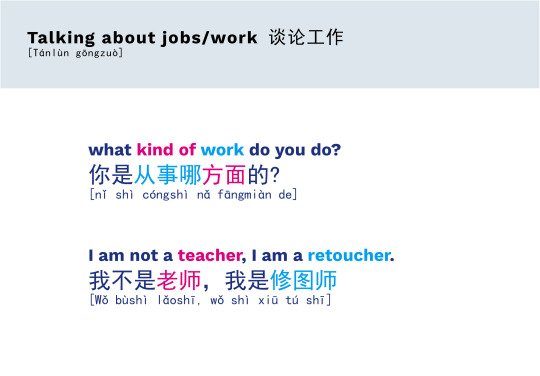
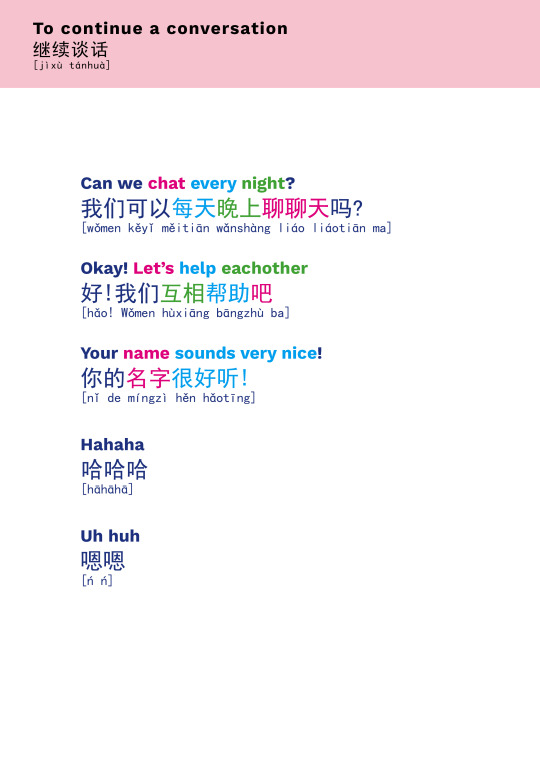
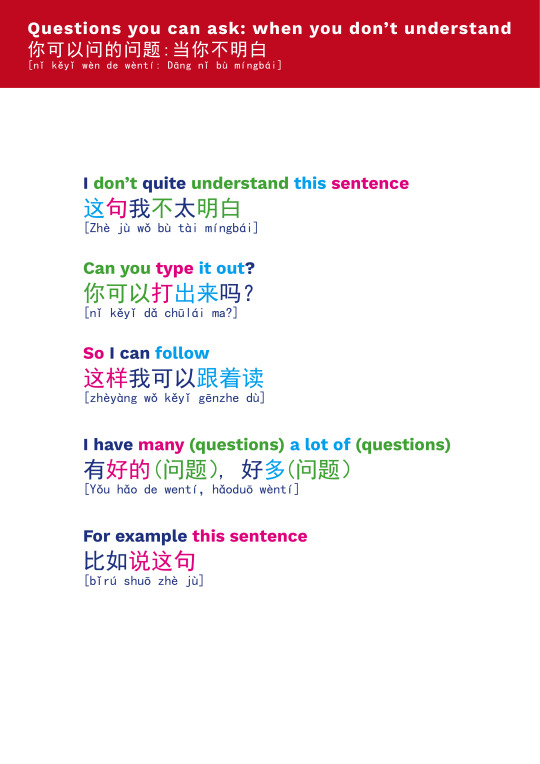


BONUS SENTENCES:
Asking your language partner to say things in English/Chinese
1. Please say this sentence in English/Chinese
请用英文/中文说这句话
Qǐng yòng yīngwén/zhōngwén shuō zhè jù huà
Setting a timeframe for your language exchange
1. Let’s talk for an hour!
一小时久 我们说吧!
Yī xiǎoshí jiǔ wǒmen shuō ba!
久: particle for duration of time
2. Let’s talk for half an hour!
半个小时久,让我们聊聊吧!
Bàn gè xiǎoshí jiǔ, ràng wǒmen liáo liáo ba!
3. I don’t have much time
我没有太多时间
Wǒ méiyǒu tài duō shíjiān
4. I have to go to sleep now
我现在必须去睡觉了
Wǒ xiànzài bìxū qù shuìjiàole
Radical Vocabulary Valentines edition! Taking a slightly different approach with the words that have more than one character.
HOP to the base of the post for a “how-to” use the flashcards (they are a little out of the box)
Quick Guide:
Word meaning in CAPITALS, & literal character meanings in bold.
Literal character meanings in CAPITALS, and radical components inBOLD CAPITALS.

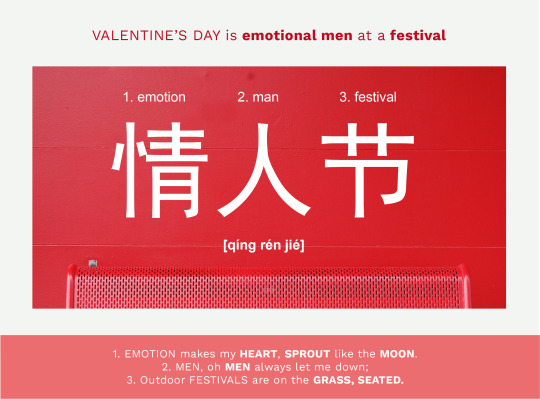





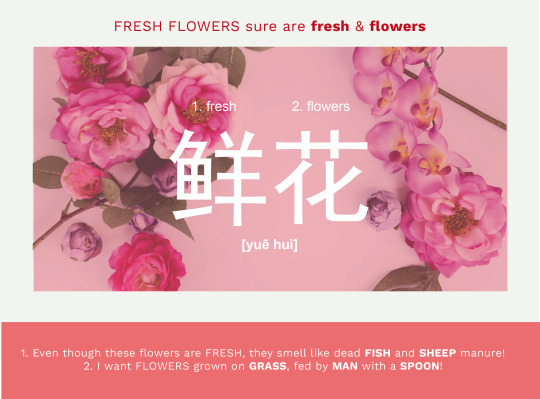


A little how-to on how to read/use the flashcards, as they are a little different:

WORD + CHARACTER MEANING
The top sentence approaches the word from a character based perspective. Breaking down each word into the individual characters and their root meanings. (Good if you already know these characters).
Word meaning in CAPITALS, & character meanings in bold
RADICAL COMPONENTS within characters
The bottom sentences, reference the numbered characters in the image. They tackle the word from a radical approach. These sentences are used for primarily memorising the stroke composition within each character.
Individual character meaning in CAPITALS, and radicalsinBOLD CAPITALS.
I hope it makes sense, i feel like it may be a little convoluted but room for improvement!
Let me know what you think.
Check out my other Radical Colour Flashcards: HERE
and vocab pack 01 HERE
Thought i’d try a slightly different approach, particularly for the nouns to remember them. By breaking down individual meanings of the radicals within each character + pairing with a context driving trigger sentence. With Chinese, the radicals tell a story of how the word came to be, so perhaps looking at Chinese characters through that approach will encourage another level of long-term memory.
**Radical meanings are in bold + the vocabulary is CAPITALISED

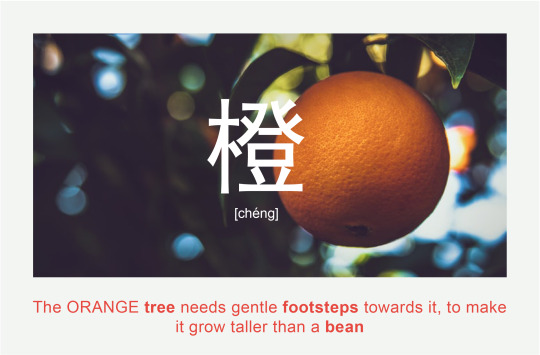
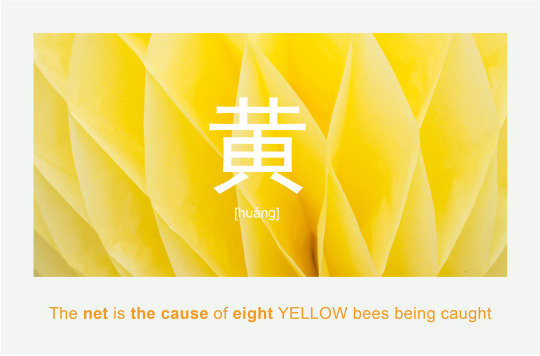




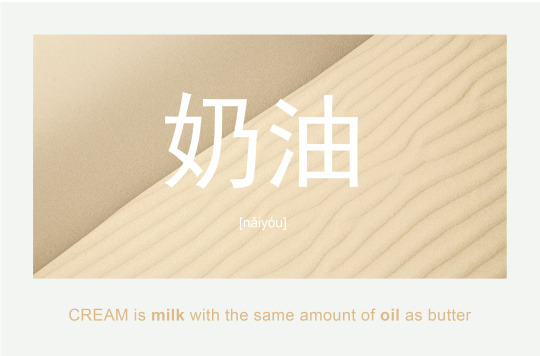
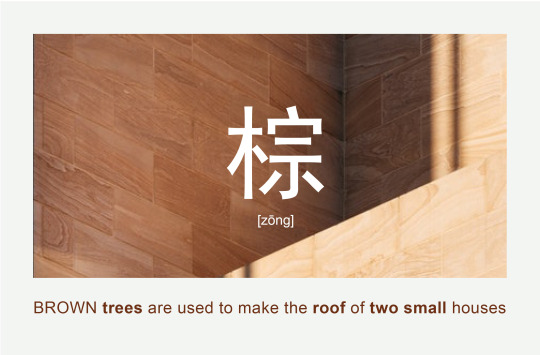
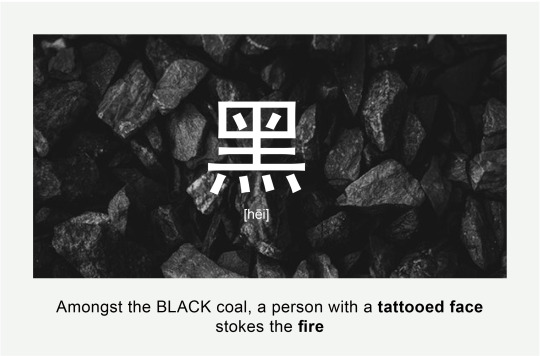
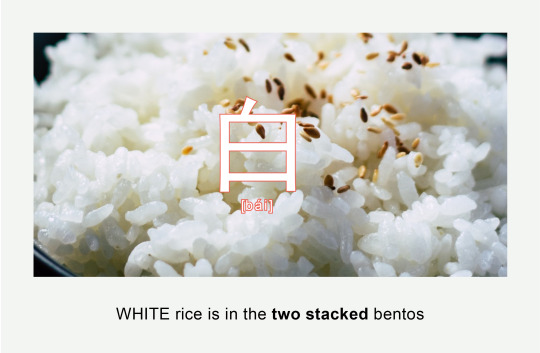

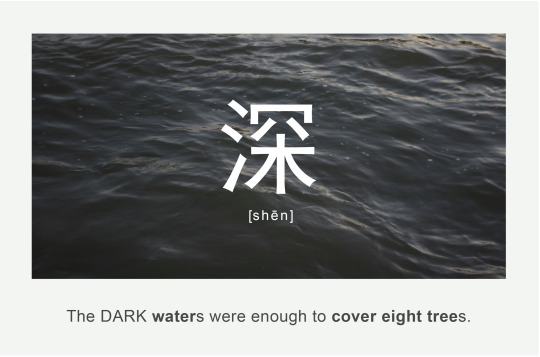
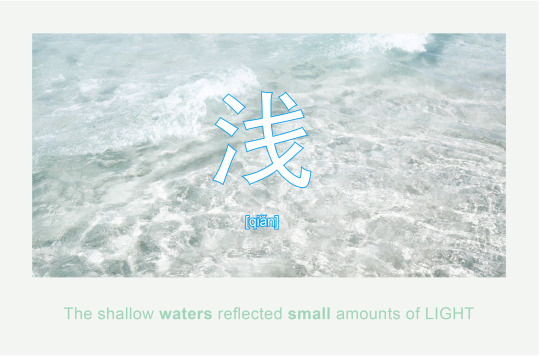
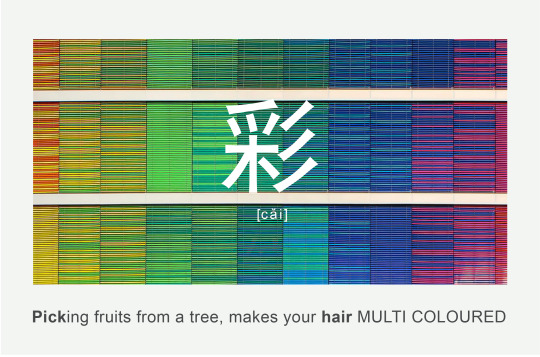
Thought i’d try a slightly different approach, particularly for the nouns to remember them. By breaking down individual meanings of the radicals within each character + pairing with a context driving trigger sentence. With Chinese, the radicals tell a story of how the word came to be, so perhaps looking at Chinese characters through that approach will encourage another level of long-term memory.
**Radical meanings are in bold + the vocabulary is CAPITALISED


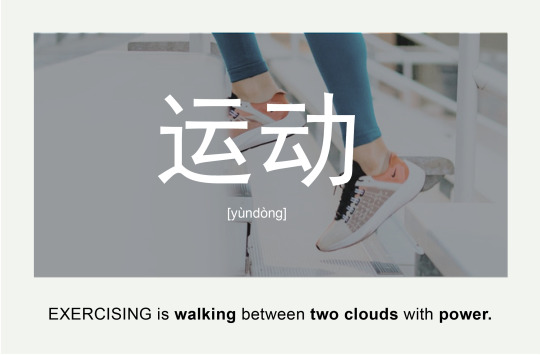

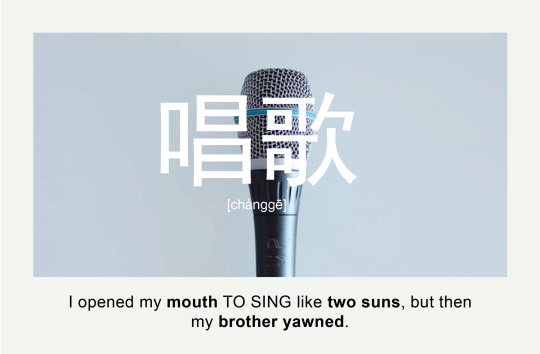

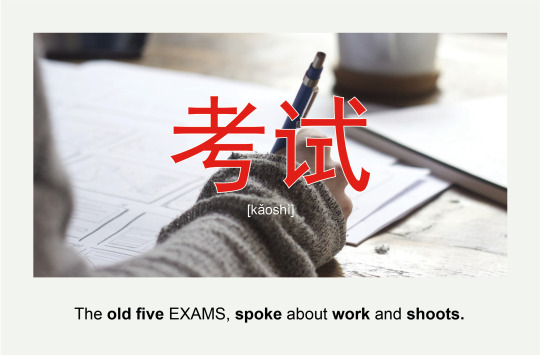



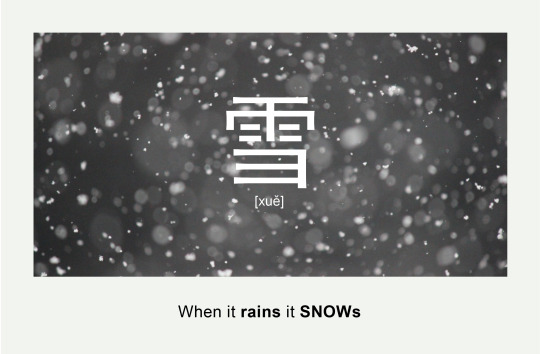
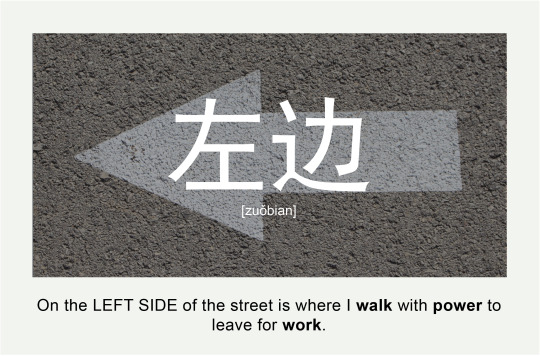

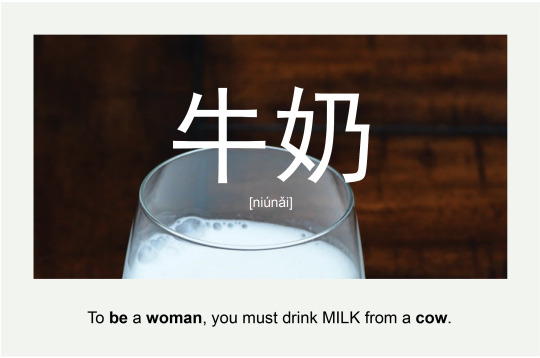
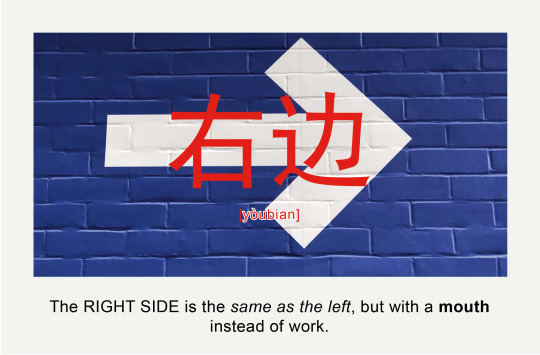


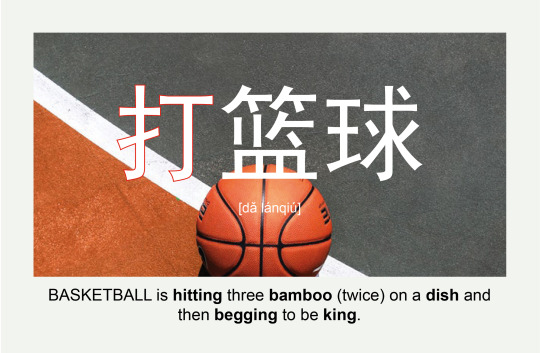
*for future reference the masterlist link should be under my profile pic on my homepage!
FLASHCARDS
C-SERIES INTEGRATED CONTEXT VOCAB
RADICAL VOCAB
HELLO TALK - Real life Chinese Conversations with Native Speakers
Part O1
OTHER VOCAB
EMOTIONS
APPEARANCE
What type of boys do you like?
What type of girls do you like?
CHINESE PARTICLES
MISCELLANEOUS VOCAB
01_My Mr. Mermaid + Body Parts
03_My Mr. Mermaid + Body Parts PT2
05_My Mr. Mermaid ep 3 + Chinese Pod describing drinks
06_PETS (describing animals/pets)
07_My Mr. Mermaid ep 4 + Home vocab
Sentence Order
Test Yourself:
